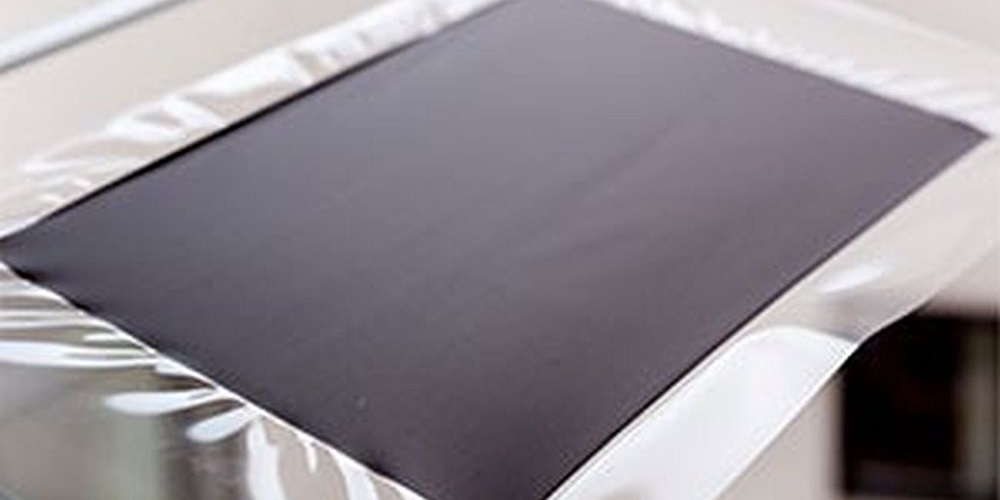From pv magazine Germany
Researchers from the Fraunhofer Society (Fraunhofer-Gesellschaft) in Germany are currently cooperating to improve production processes for electrolysers and reduce their production costs.
The four-year project is aimed at virtually reproducing the best and most economical processes as so-called digital twins and transferring them to a technology kit so that industrial companies can check the production costs they can expect for certain types of electrolysers before planning production. The goal is to reduce the cost of producing electrolysers for green hydrogen by more than a quarter. The federal government is funding the research project with €22 million through the H2Giga hydrogen project.
“We are building a digital library of future-proof electrolyser manufacturing processes with which the investment costs and even the return on investment can be determined in advance depending on the planned production volume, vertical range of manufacture and manufacturing variants,” said Ulrike Beyer, head of the hydrogen task force at the Fraunhofer Institute for Machine Tools and Forming Technology IWU. The resulting technology kit will give the electrolyser industry a real boost and an enormous innovation impact, she added.
The researchers pointed out that there are currently only a few electrolyser manufacturers on the market and that these tend to serve niche markets with small volumes.
In addition to the Fraunhofer IWU, four other institutes of the Fraunhofer-Gesellschaft are contributing with their expertise: The Fraunhofer Institute for Production Technology IPT in Aachen; the Fraunhofer Institute for Manufacturing Engineering and Automation IPA in Stuttgart; the Fraunhofer Institute for Electronic Nano Systems ENAS in Chemnitz; and the Fraunhofer Institute for Microstructure of Materials and Systems IMWS in Halle (Saale). The Fraunhofer IWU is contributing a new multi-pass rolling process for bipolar plates (BPP), which implements the channel geometries in the anodes and cathodes. Quality control will also be further developed. The contribution of the Fraunhofer IPT includes the research of new production technology solutions for the manufacture of the catalyst coated membrane (CCM), the porous transport layer (PTL) and the bipolar plates.
The Fraunhofer IPA will map the individual production modules of a reference factory, which will be set up at the participating institutes. The Fraunhofer ENAS will deal with the qualification of the digital inkjet printing process as a manufacturing process for the CCM, which is a central component of electrolysers. The Fraunhofer IMWS is focusing on the characterisation of electrolyser components and systems, which enable the early identification of possible weak points and defects in industrial use.
Author: Petra Hannen
This content is protected by copyright and may not be reused. If you want to cooperate with us and would like to reuse some of our content, please contact: editors@pv-magazine.com.








By submitting this form you agree to pv magazine using your data for the purposes of publishing your comment.
Your personal data will only be disclosed or otherwise transmitted to third parties for the purposes of spam filtering or if this is necessary for technical maintenance of the website. Any other transfer to third parties will not take place unless this is justified on the basis of applicable data protection regulations or if pv magazine is legally obliged to do so.
You may revoke this consent at any time with effect for the future, in which case your personal data will be deleted immediately. Otherwise, your data will be deleted if pv magazine has processed your request or the purpose of data storage is fulfilled.
Further information on data privacy can be found in our Data Protection Policy.